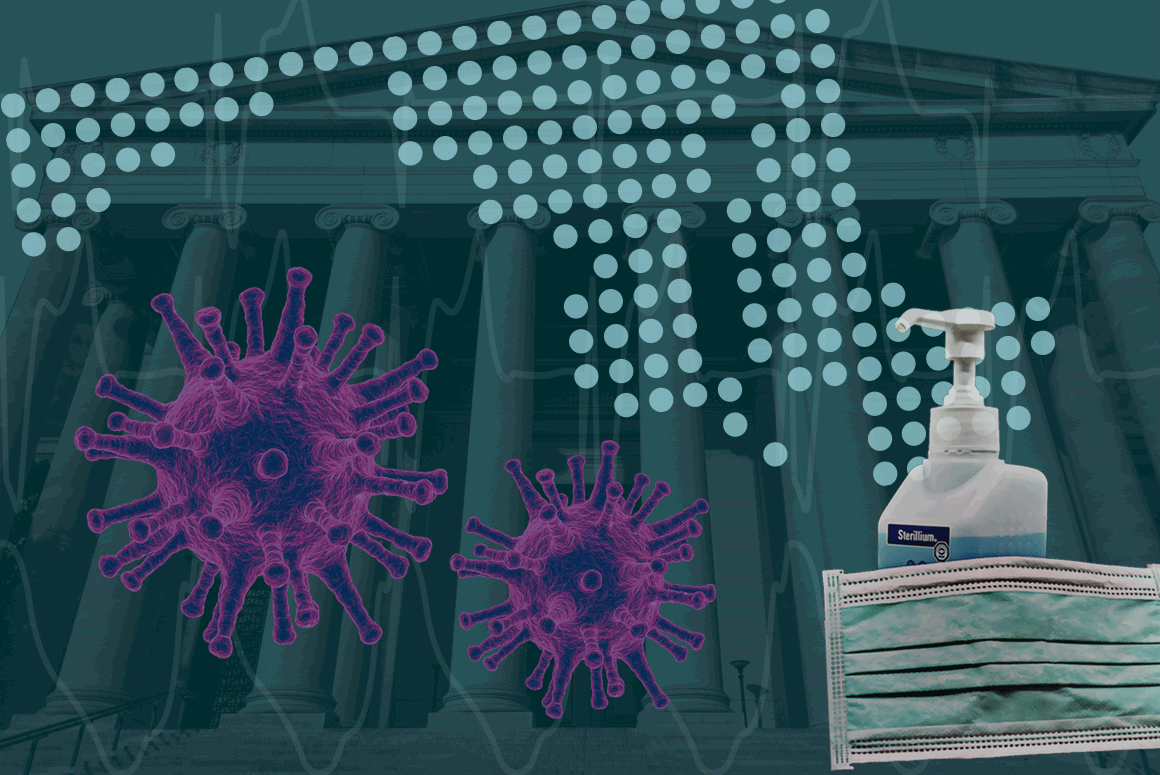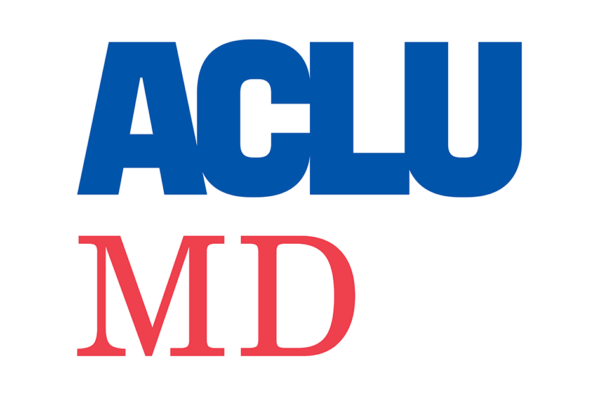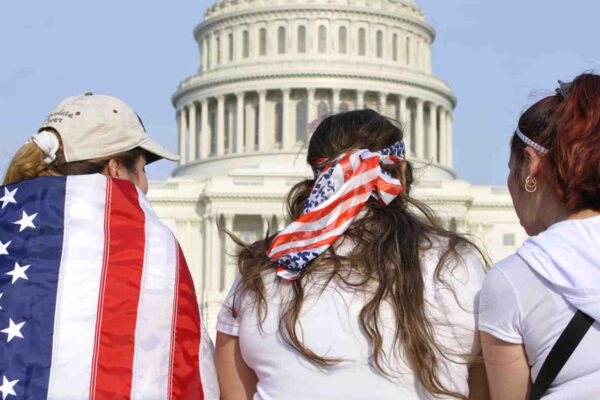Governor Hogan, listen to the health experts
Governor Hogan, listen to the health experts
What we need right now is some compassion for others during this pandemic. We are in this fight together. Sacrificing the health of those in prison is cruel and inhumane.
- People are safer in their communities, not in detention.
Public health officials have rejected the baseless claims circulating that people in jails, prisons, and other places of detention are safer there, instead of in the community. Jails and prisons are not sanitary places. They are often poorly maintained, crowded, and understaffed, even when at their “best.” In places where people who make cents an hour must pay for soap, where hand sanitizer is banned, and where medical care is extremely limited, coronavirus can and will spread rapidly.
- There are too many people packed in our prisons/jails.
We must take every step possible to avoid adding to the number of people incarcerated in any kind of detention and to find ways to reduce the number of people already inside, particularly those in risk categories for serious illness or death if they contract the virus. How can people in prisons practice social distancing when they are packed often in tight quarters and in cells they must share? Social distancing isn’t realistic in prison, and that puts people in danger. It is essential that we keep as many people as possible out of harm’s way.
- Many people will be released soon anyway.
If Marylanders’ sentences are soon to expire or they are serving short sentences, during a global crisis like this, they should be let out for the safety of themselves and others. Expediting and expanding release opportunities is the ethical thing to do, especially for people who are deemed able to safely return to the community and for people who are at greatest risk of serious illness.
- Older and medically comprised people are at risk for death.
When COVID-19 invades jails and prisons (because at this point, there is no “if”), we must protect the most vulnerable. Being in places that have poor access to medical care, that are not sanitary, and that are crowded is going to put many vulnerable people at risk. By making the choice not to act now, we are choosing to sacrifice their health and their lives. That is unacceptable.
Public health experts here in Maryland agree. A letter released from experts with the Johns Hopkins Bloomberg School of Public Health, the School of Nursing, and the School of Medicine details the risks for detained populations and calls for reducing the number of Marylanders who are incarcerated.
Doing nothing puts all of us at risk, because when the pandemic spreads in places of detention it will affect people in custody, as well as staff, families, and the limited capacity of our medical systems, inside and out. Even for those who might only care about the community they are currently in, it is important to understand that the staff at prisons do come back home to their families and friends. There is still a domino effect.
Mainstream society encourages us to send people away and not think of them as deserving, or not think about them at all. Marylanders in prisons and jails are still as much a part of this community as we are. We are all connected. When coronavirus hits us, it will hit them.
Tell Governor Hogan: We have vulnerable people in our prisons and jails and we must protect them.




